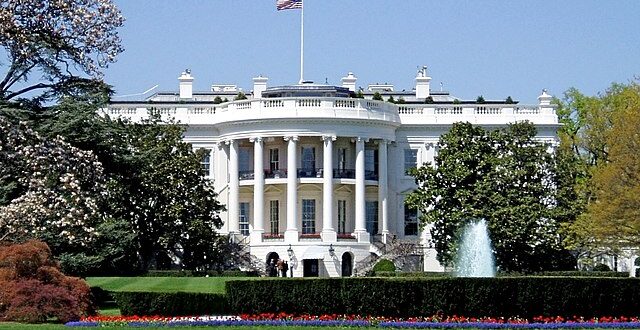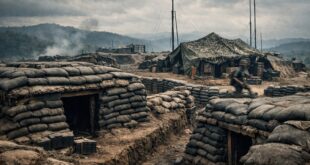The ghosts of Tower 22 and Al Tanf demand a response that transcends the limitations of proportionality and demonstrates the resolve necessary to secure a stable future.
ANALYSIS by John “Wolf” Wagner
The drone strike on Tower 22 in Jordan, claiming the lives of three American service members and injuring dozens more, marks a stark escalation in regional tensions. While calls for a “proportional” response dominate headlines, strategists must acknowledge the limitations of such an approach in this complex geopolitical landscape.
Military theorists like Clausewitz and Sun Tzu focused on achieving victory, not simply matching the enemy’s level of force. In today’s asymmetric conflicts, where state actors face non-state proxies, fixating on proportionality can be strategically naive. Iran-backed militias, operating from the shadows, employ tactics designed to inflict maximum damage while minimizing their own exposure. Responding solely in kind risks falling into this trap, inflicting collateral damage and ultimately failing to deter future attacks.
READ MORE From Wolf Wagner: The F-35, Lost and Found: As Questions Mount, Will Others Now Ground the Aircraft?
The attack on Tower 22, following similar strikes directed at Al Tanf base in Syria, demonstrates a calculated strategy by Iranian proxies. They exploit the perceived constraints of US engagement, testing the limits of American tolerance while minimizing direct confrontation. A purely proportional response, while satisfying a sense of immediate retribution, might be misread as weakness, emboldening further aggression.
The US must consider a response that addresses the root of the problem: Iran’s malign influence in the region. This could involve targeted sanctions against individuals and entities supporting these militias, enhanced intelligence gathering and cyber-warfare capabilities, or even diplomatic initiatives to isolate Iran and its proxies.
This is not to advocate for reckless abandon. Defense Secretary Lloyd Austin and President Joe Biden must address this challenge with surgical precision and unwavering resolve. The response must be measured, yes, but not tethered to the flawed notion of mere proportionality. It must be calibrated to deter, to disrupt, to send a message that American blood spilled on foreign soil will not be met with mere handwringing.
Of course, such actions carry their own risks. Escalating tensions could destabilize the region further, drawing in other actors and potentially leading to unintended consequences. However, inaction can be equally perilous. Allowing Iran to operate with impunity emboldens its proxies, undermines U.S. credibility as a regional security guarantor, and ultimately weakens its position in the long run.
The strategic calculus here is not about mimicking the enemy’s tactics, but about disrupting their calculations. Iran expects a measured, proportional response. By demonstrating strategic resolve and a willingness to act beyond the bounds of simple proportionality, the U.S. can deter future attacks, reaffirm its commitment to regional security, and ultimately achieve its strategic objectives without being drawn into a wider conflict.
The path ahead demands a nuanced approach, balancing the need for a firm response with the awareness of potential escalation. The U.S. must act with strategic clarity, understanding that the goal is not simply to inflict proportionate damage, but to deter future aggression and safeguard its interests in the region.
The ghosts of Tower 22 and Al Tanf demand a response that transcends the limitations of proportionality and demonstrates the resolve necessary to secure a stable future.
John “Wolf” Wagner is a former White House SES appointee to several agencies in the Trump administration; he’s a retired Army officer and Iraq War veteran. He served a combined 35 years in the military, including USCENTCOM and USNORTHCOM assignments.
 Soldier of Fortune Magazine The Journal of Professional Adventurers
Soldier of Fortune Magazine The Journal of Professional Adventurers






